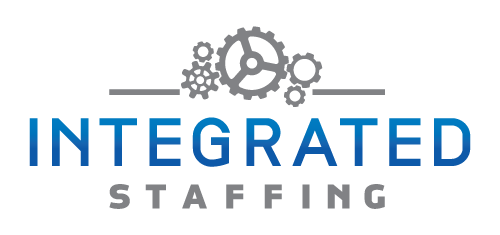We're just over one month into 2021, and it’s already shaping up to be one of the most unusual - and perhaps most challenging - years on record for employers.
In January alone, Canadians lost 213,000 jobs because of lockdowns. That loss was felt by employers, too, as profit gained by productivity took a nosedive.
COVID-19 vaccines are also predicted to be a true test of resilience for employers. It’s forecasted that some employers that choose to provide - or require - vaccines for their workforce may be sued for mandating that their employees have proof of vaccination before allowing them to return to the workplace. The corresponding litigation will slow return-to-workplace efforts even as vaccine usage increases.
In 2021 it’s expected that a variety of new rules will start to put limits on what employers can track about their employees. Employee tracking and monitoring is essential for many companies, as it prevents internal theft, examines employee productivity and ensures company resources are being used appropriately. Given the variability that this will create, companies are likely to adopt the most restrictive standards across their workforce.
For most companies, one of the most striking trends will be employers looking to “rent” talent to fill the skills gap. The number of skills employers are looking for has risen dramatically.
For instance, according to the Conference Board of Canada, in Ontario, several labour markets have been forced to employ people whose qualifications don’t necessarily match their positions requirement, which creates a skills “mismatch.” Additionally, many employees have been educated and trained in areas for which there is little labour market demand. In other cases, people may work for employers who are unsure about how to engage the full range of their skills. Altogether, these types of skills mismatches cost Ontario’s economy and workers up to $4.1 billion in foregone GDP and $627 million in provincial tax revenues annually.
Ultimately, organizations simply can’t re-skill the capabilities of their existing workforce fast enough to meet the changing needs of the post-COVID workplace.
As a result, some companies will shift from trying to build skills for an uncertain future and instead just hire from places like an employment agency, and pay a premium for those skills, when the need actually manifests. Other companies will instead expand their use of contract hiring or build on their partnerships with organizations to “rent” employees for a short period of time to meet the skill needs that they are facing.
At Integrated Staffing, we understand first-hand how the job market is changing in a post-COVID world. Right now, it’s more important than ever for employers to be able to adapt to the changing landscape - and we’re here to help.
Integrated Staffing, has access to a top-quality candidate pool made up of amazing, hard-working Atlantic Canadians that are available for temporary, short-term and long-term employment solutions.
Let us help your company get to where you want it to be with solutions that last.
Stronger. Together. Integrated Staffing.
